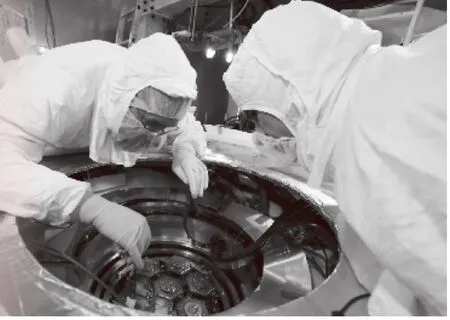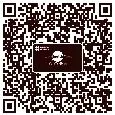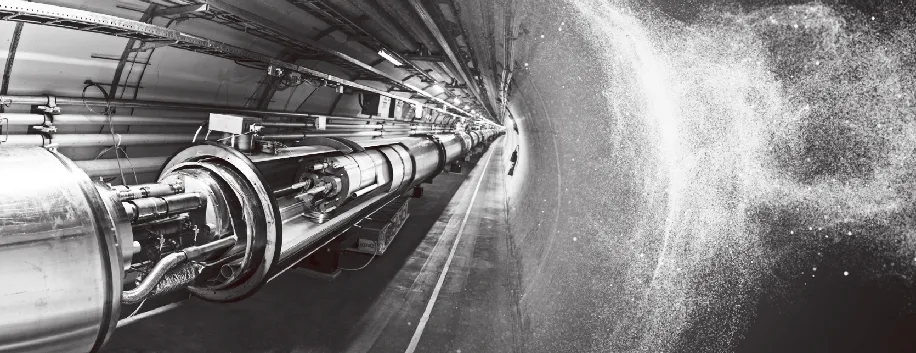暗物质之谜
暗物质之谜
The Mystery of Dark Matter



看视频、练发音,扫码获取更多British Council提供的免费学习资源
Activity 1
Before you read, match the word or phrase to a definition.

1. bend 2. investigate 3. mass 4. matter 5. measure 6. reflect 7. researcher
a. find out how long or big something is
b. if you do this to something, it is no longer straight
c. someone who finds out new facts or ideas
d. the stuff that all things are made of
e. the way scientists describe how much something weighs
f. try to find out more information about something
g. when light shines back from something, for example, from a mirror
1
If you look at the night sky, you’ll often see stars moving very quickly. In fact, they move much more quickly than they should, according to their size and the laws of physics. Scientistsdo not completely understand why the speed of these stars is so high. But many believe the reason is because much of the universe is made of something called “dark matter.” Groups of stars called galaxies[星系], such as the Milky Way, might even consist of 90% dark matter.
2
How much something weighs depends on where it is. The same object weighs only half as much on Mars as it does on Earth and almost three times as much on Jupiter[木星]. So scientists prefer to talk about the mass of something rather than how much it weighs, because mass does not change. They can work out the mass of galaxies by measuring the distance between them and the speed they move at. Recently, Dr. Jorge Peñrrubia and a team from Edinburgh University discovered something interesting. The mass of the Milky Way is only half as much as the mass of another nearby galaxy, Andromeda. This seems strange, and dark matter may explain why.
3
Finding out more about dark matter could help us understand how the universe began, but this is not easy. Lots of scientists with different types of expert knowledge are working on the problem. The Edinburgh team is working with the University of British Columbia, Carnegie Mellon University, NRC Herzberg Institute of Astrophysics[天体物理学]and Jonathan Diaz from the Institute of Astronomy at the University of Cambridge.
4
We can’t see dark matter. It’s very difficult to measure, and we can’t find out its mass. Unlike stars, dark matter doesn’t produce or reflect light. But we can make a good guess that it is there because of the way things move and the way light bends. Experts now think dark matter may be very different from the matter which we find on Earth. There may also be five times as much dark matter in the universe as ordinary matter.
5
The Swiss scientist Fritz Zwicky first gave dark matter its name in the 1930s. Researchers have been looking for it ever since. Today, technology such as the Large Hadron Collider[大型强子对撞机]is collecting more and more information, but this technology cannot tell us everything. New ways of finding dark matter will be needed. Investigating dark matter may even mean we will need to start asking questions about the way we look at the universe, including the ideas of Albert Einstein.

Activity 2
The text has five paragraphs 1–5. Which heading matches each paragraph? Match a paragraph heading a–e to paragraph 1–5.
a. It’s There but We Can’t See It
b. We May Need to Change the Way We Think
c. What Your Eyes Can See, Scientists Can’t Fully Explain
d. Sharing Ideas Leads to Success
e. How Do You Weigh the Milky Way?
Activity 3
Many words in English have the same sound but a different spelling (and meaning), for example: way and weigh. We call these homophones[同音异义词].
For each sentence, use the definition[定义]to help you think of a word that has a different spelling but the same sound.
Example:
We’ll ask questions about the way we do it. (to measure how heavy something is): weigh
1. That child is going to break the glass. (something that slows you down):
2. He’ll be there as soon as he can. (part of a shoe):
3. And at last there was peace. (a small part of something):
4. There are seven days in a week. (not strong):
5. I’d like a kilo of apples and a pear, please. (two of something):
6. They tried to guess the weight of the potatoes. (stay in one place, until something happens):
7. It had been a long, cold night. (a kind of ancient soldier who rides a horse):
Activity 4
Discussion: Do you think it is better to find out more about space or to find out more about the Earth? How does exploring space help us? Are there any disadvantages to exploring space?
Answers Activity 1
1. b; 2. f; 3. e; 4. d; 5. a; 6. g; 7. c Activity 2
1. c; 2. e; 3. d; 4. a; 5. b Activity 3
1. brake; 2. heel; 3. piece; 4. weak; 5. pair; 6. wait; 7. knight

